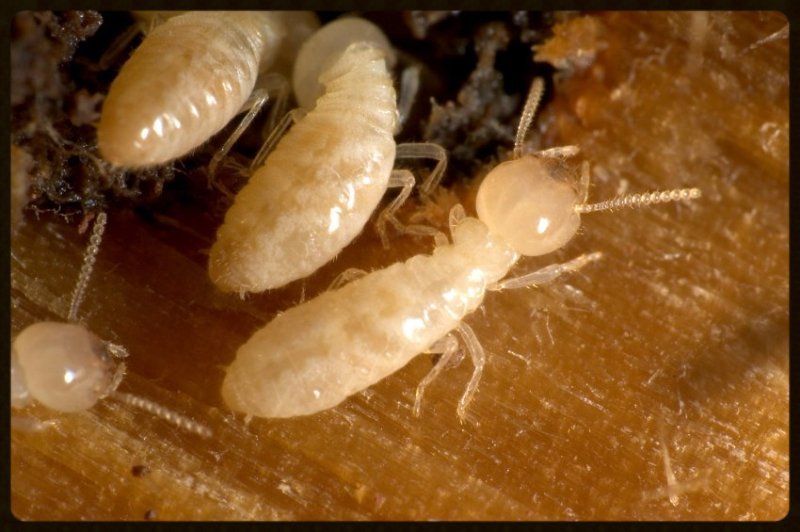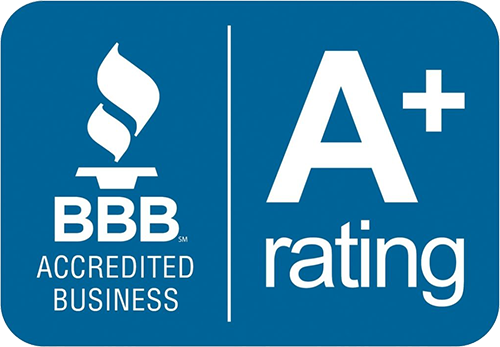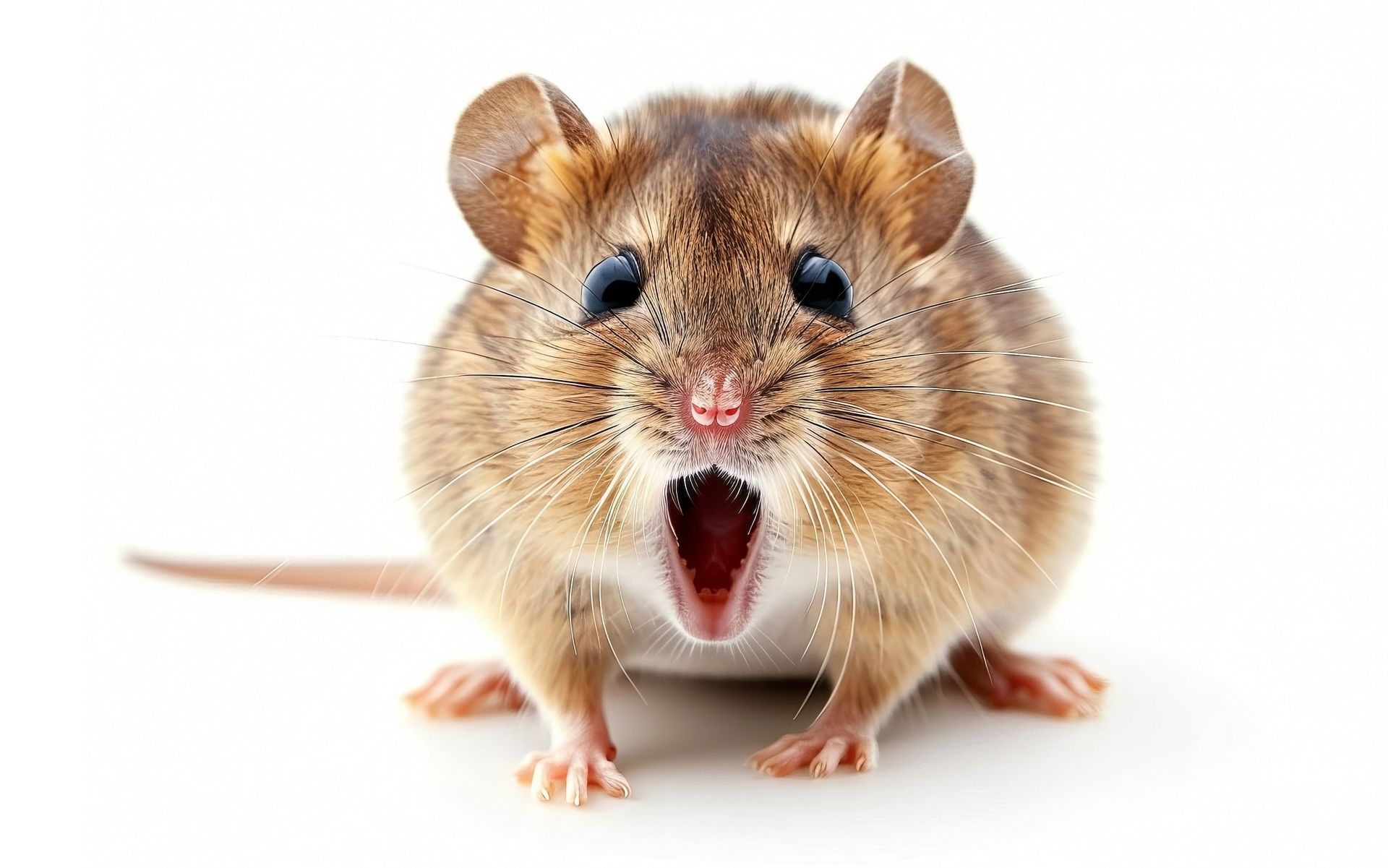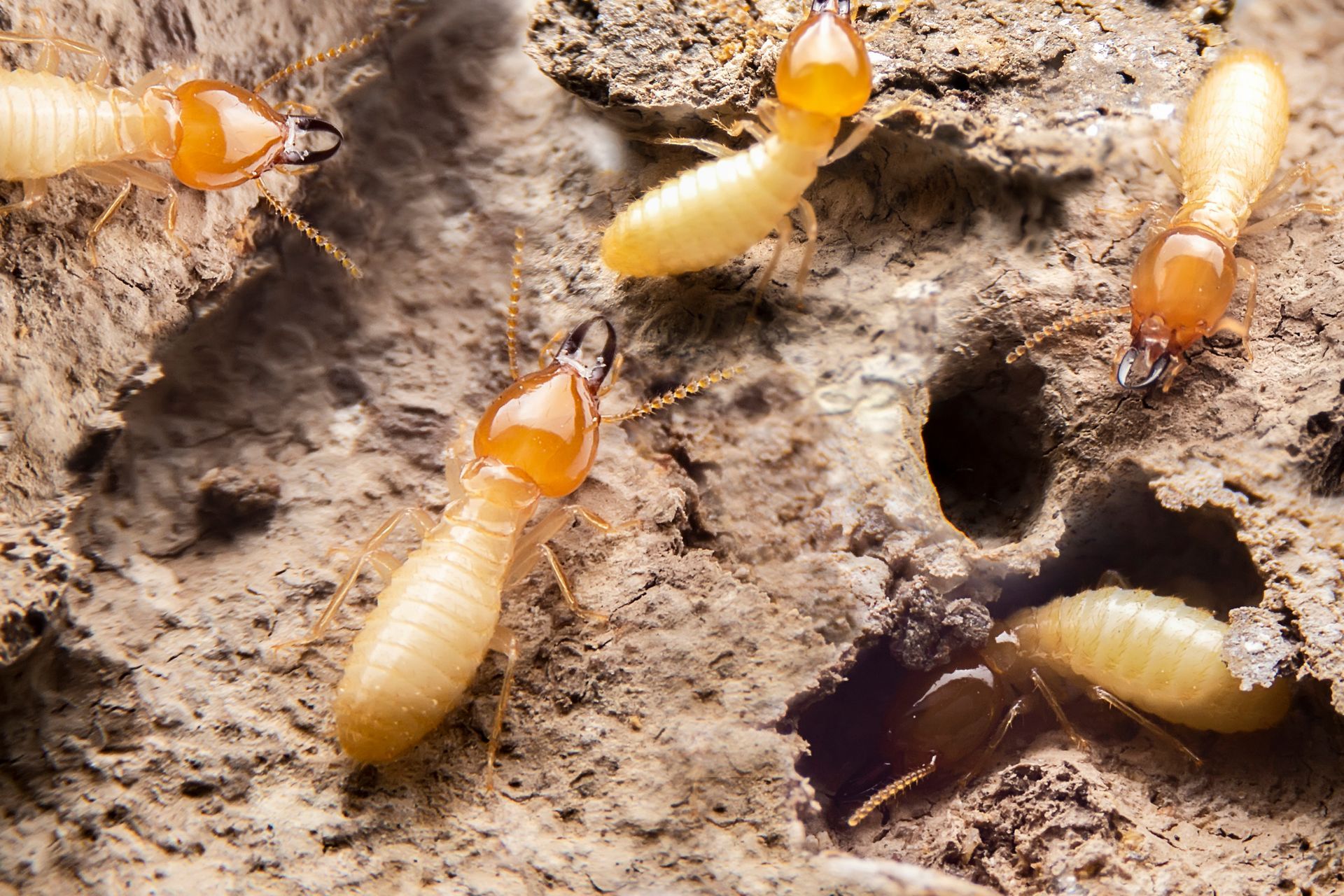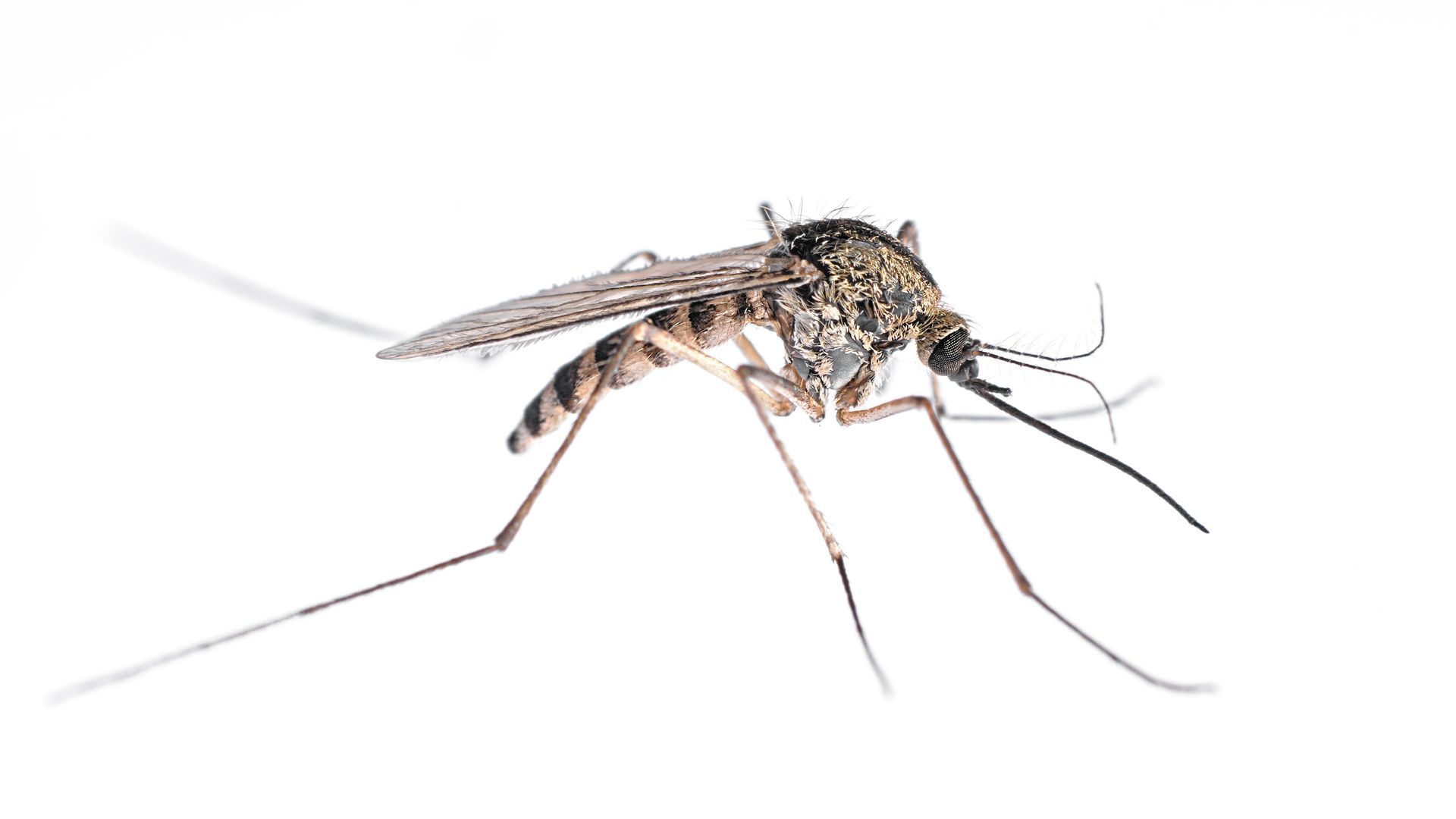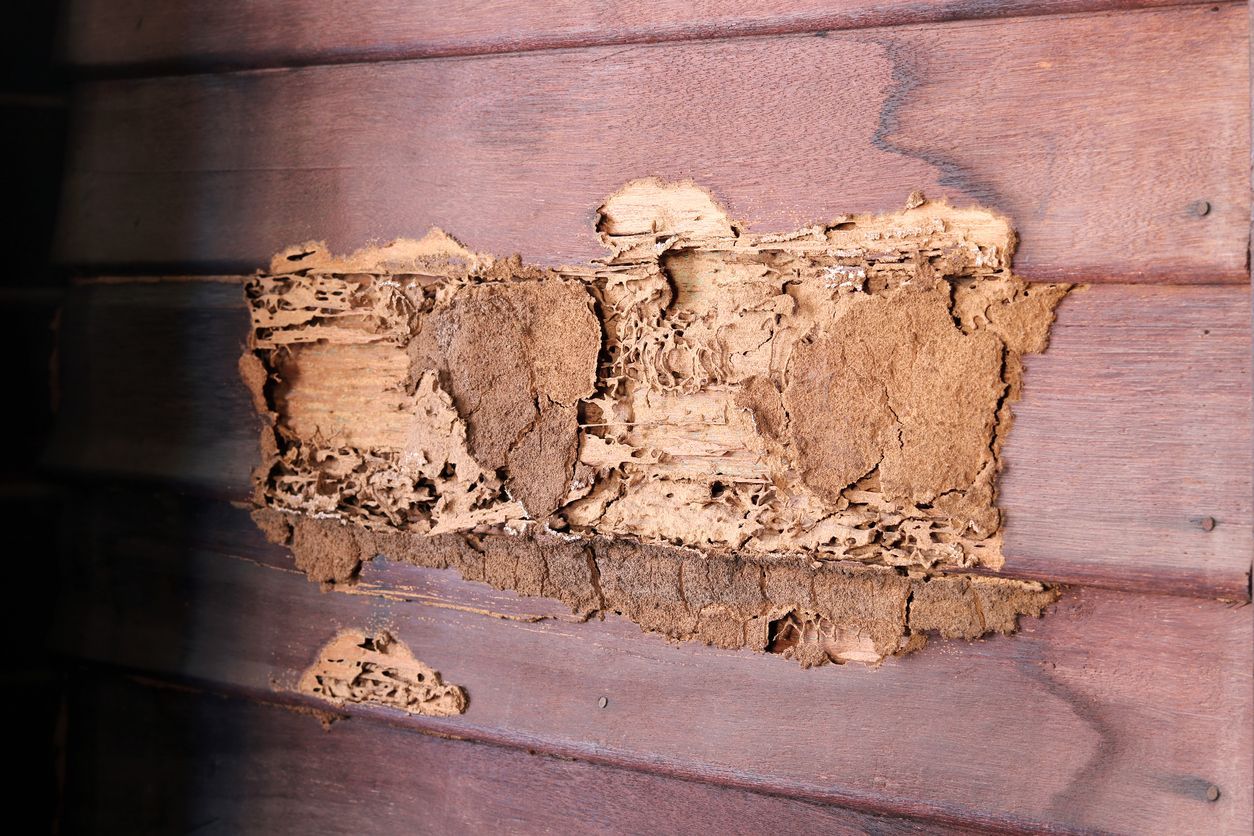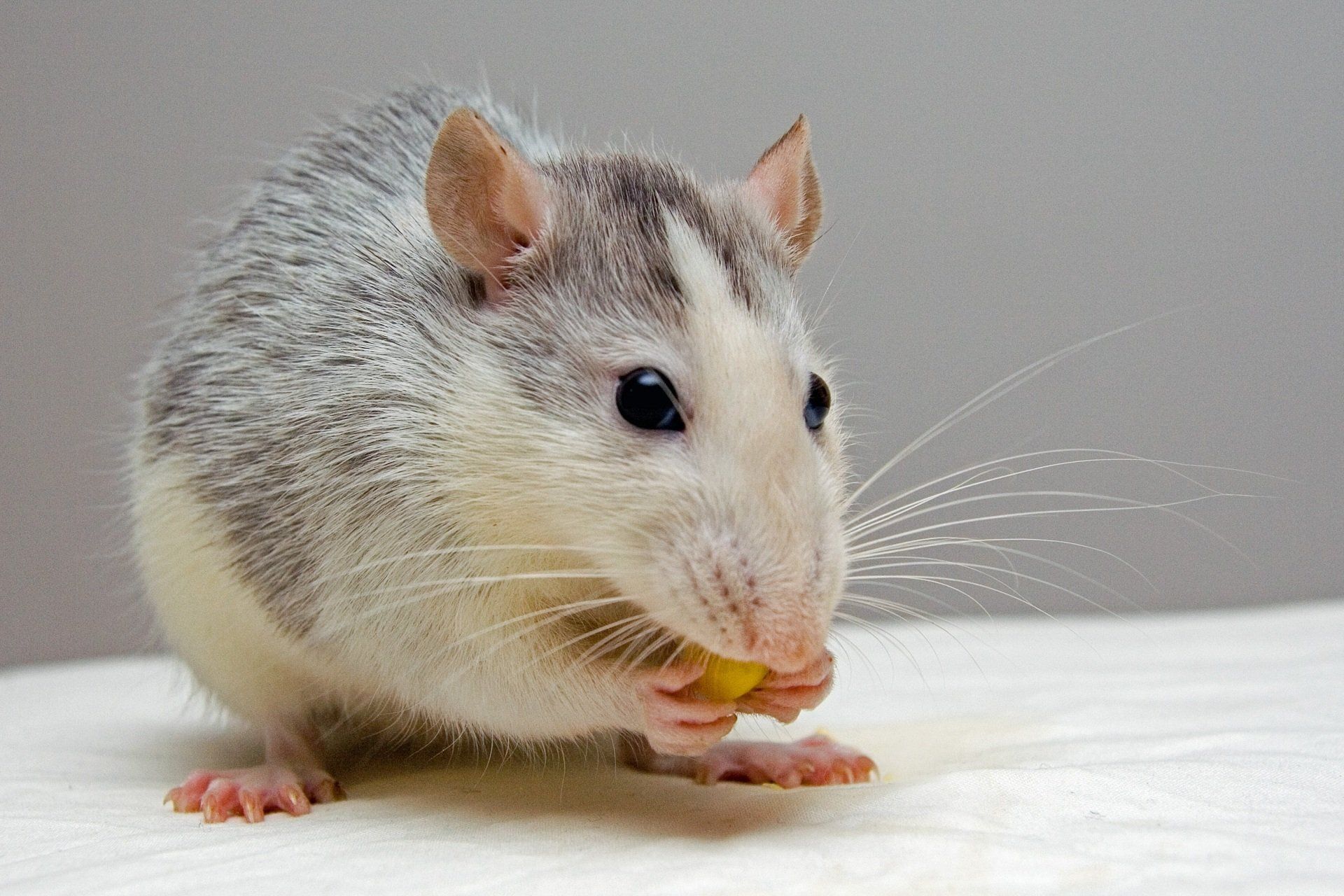The Health Risks Associated with Rodent Infestations in Your Home
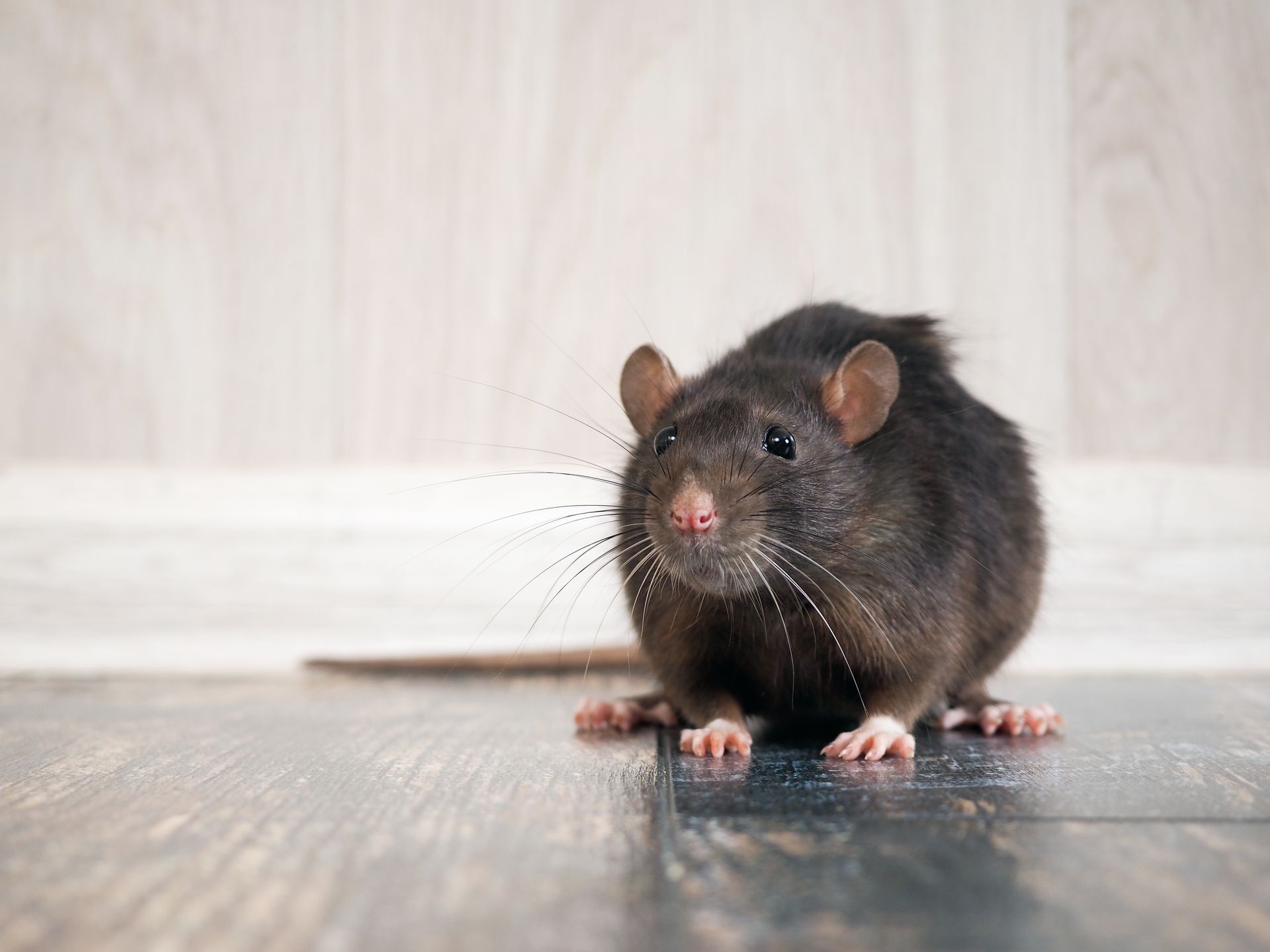
Rodent infestations are not just a nuisance; they pose significant health risks to you and your family. Understanding these risks and how to mitigate them is crucial for maintaining a safe and healthy living environment. This comprehensive guide will explore the various health hazards linked to rodent infestations and provide actionable steps to protect your home and loved ones.
The Dangers of Rodent Infestations
Rodents, such as rats and mice, are common pests that can invade homes, particularly during colder months when they seek shelter and food. These creatures carry numerous pathogens that can cause a range of illnesses in humans. Here are some of the primary health risks associated with rodent infestations:
1. Hantavirus Pulmonary Syndrome (HPS)
Hantavirus is a severe, potentially fatal respiratory disease spread primarily by deer mice. Humans can contract HPS through direct contact with infected rodents, their urine, droppings, or saliva, or by inhaling dust contaminated with these substances. Symptoms include fever, muscle aches, and fatigue, progressing to severe respiratory distress.
2. Leptospirosis
Leptospirosis is a bacterial infection spread through the urine of infected animals, including rodents. The bacteria can survive in water and soil for weeks to months. Humans can become infected through direct contact with contaminated water or soil, leading to symptoms such as high fever, headache, chills, muscle aches, vomiting, jaundice, and even kidney damage if left untreated.
3. Salmonellosis
Rodents can contaminate food and surfaces with Salmonella bacteria through their droppings. This can lead to food poisoning in humans, characterized by symptoms like diarrhea, fever, and abdominal cramps. Severe cases may require hospitalization, especially in vulnerable populations such as the elderly, young children, and those with weakened immune systems.
4. Lymphocytic Choriomeningitis (LCM)
LCM is a viral infection carried by the common house mouse. Humans can contract the virus through exposure to fresh urine, droppings, saliva, or nesting materials of infected rodents. Symptoms range from fever, headache, and muscle aches to more severe complications such as meningitis (inflammation of the brain and spinal cord membranes).
5. Rat-Bite Fever (RBF)
RBF is caused by bacteria transmitted through bites or scratches from infected rodents, or through contact with rodent urine or droppings. Symptoms include fever, vomiting, headache, muscle pain, joint pain, and rash. Without treatment, RBF can lead to serious complications such as infections of the heart, lungs, and brain.
6. Plague
Historically known as the cause of devastating pandemics, plague is a bacterial infection transmitted through bites from fleas that have fed on infected rodents. Although rare today, cases still occur, primarily in rural areas. Symptoms include fever, chills, headache, muscle aches, and swollen lymph nodes. Prompt antibiotic treatment is crucial.
Secondary Health Risks
In addition to direct disease transmission, rodents can indirectly impact health in other ways:
1. Allergies and Asthma
Rodent droppings, urine, and dander can exacerbate allergies and asthma symptoms in sensitive individuals. Contaminants from rodents can become airborne and inhaled, triggering respiratory issues.
2. Structural Damage and Fire Hazards
Rodents often gnaw on electrical wires, insulation, and wooden structures, leading to potential fire hazards and costly repairs. This damage can also create entry points for other pests, compounding the problem.
Safeguarding Your Home and Family
Preventing and addressing rodent infestations requires a proactive approach. Here are some strategies to protect your home and family's well-being:
1. Seal Entry Points
Inspect your home for any cracks, holes, or gaps in walls, floors, and foundations. Seal these entry points using caulk, steel wool, or other appropriate materials to prevent rodents from gaining access.
2. Maintain Cleanliness
Keep your home clean and free of food debris. Store food in sealed containers, promptly clean up spills, and regularly take out the trash. Avoid leaving pet food out overnight.
3. Remove Clutter
Rodents seek shelter in cluttered areas. Keep storage areas organized and dispose of unnecessary items. Regularly clean and inspect basements, attics, and garages.
4. Proper Waste Management
Ensure garbage cans have tight-fitting lids and are emptied regularly. Compost bins should be rodent-proof and located away from the house.
5. Use Traps and Baits
Set traps and baits in areas where rodent activity is suspected. Use humane traps if you prefer not to kill the rodents, but ensure you release them far from your home to prevent return.
6. Regular Inspections
Regularly inspect your home for signs of rodent activity, such as droppings, gnaw marks, and nesting materials. Early detection allows for quicker intervention.
7. Professional Pest Control
If an infestation is severe or persistent, consider hiring a professional pest control service. Experts can provide thorough inspections, effective treatments, and ongoing monitoring to ensure your home remains rodent-free.
Conclusion
Rodent infestations pose significant health risks that can compromise the well-being of your family. Understanding these dangers and taking proactive measures are crucial steps in protecting your home. While DIY efforts can be effective, partnering with professionals ensures comprehensive and lasting results. Killo Exterminating CO., Inc. offers expert pest control services tailored to your needs. With their thorough inspections, effective treatments, and ongoing monitoring, you can trust Killo Exterminating CO., Inc. to safeguard your home and loved ones from the harmful effects of rodent infestations. Contact Killo Exterminating CO., Inc. today to ensure your home remains rodent-free and your family stays healthy.
FAQs
Q1: What are the first signs of a rodent infestation?
A1: Early signs of a rodent infestation include droppings, gnaw marks, nests made of shredded materials, and unusual noises such as scratching or squeaking within walls or ceilings.
Q2: Can rodent infestations cause long-term health problems?
A2: Yes, rodent infestations can lead to long-term health issues, particularly respiratory problems and chronic conditions resulting from exposure to allergens and pathogens carried by rodents.
Q3: How can I safely clean up rodent droppings?
A3: Wear gloves and a mask, ventilate the area, and use a disinfectant or bleach solution to clean up droppings. Avoid sweeping or vacuuming, as this can stir up harmful particles.
Q4: Are there natural remedies to repel rodents?
A4: Natural deterrents include peppermint oil, which rodents dislike, and maintaining a clean environment. However, these methods may not be as effective as sealing entry points and using traps.
Q5: How often should I inspect my home for signs of rodents?
A5: Regular inspections are recommended at least quarterly, or more frequently if you live in an area prone to rodent activity. Early detection is key to preventing infestations.
Q6: Can pets help control rodent populations?
A6: Some pets, like cats, can help deter rodents, but they should not be relied upon solely for pest control. Comprehensive prevention and control measures are more effective.
